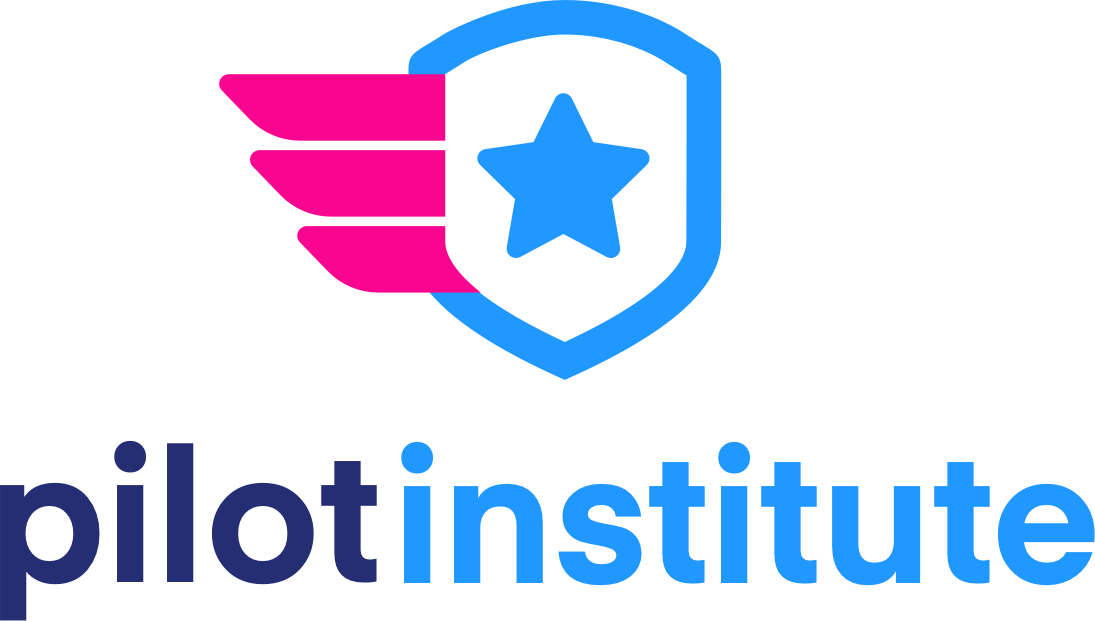Leading FPV pilot advocacy group receives 501(C)(3) approval and will seek Community Based Organization (CBO) status from FAA
New York - April 3, 2019 The First Person View Freedom Coalition (FPVFC), today announced its official launch as a non-profit organization, with a mission to advocate for the rights of Unmanned Aircraft Systems (UAS) FPV aircraft pilots within the U.S. to fly safely in the National Airspace. The FPV Freedom Coalition fosters the freedoms of recreational FPV pilots, and enhances the community’s culture through defined public safety guidelines and effective educational resources while protecting the privilege to access abundant airspace.
The Federal Aviation Administration (FAA) recognizes Community Based Organizations (CBO) that represent segments of model aircraft pilots to help the FAA educate and shape National Airspace (NAS) regulations. The FAA requires CBOs to be 501(c)(3), non-profit organizations. The FPVFC incorporated in late 2018 and with its 501(c)(3) status will continue working with the FAA and are now able to seek CBO status.
“With the dramatic growth of drones and emerging industry regulations, we recognized that recreational drone pilots needed an advocate with the FAA. We created the FPVFC with the mission to foster the freedoms of recreational FPV pilots and help define safety guidelines and effective educational resources to protect access to abundant airspace,” said Chad Kapper, CEO Rotor Riot and CEO and Board Chair, FPVFC.
“The variety and adoption of drones across multiple industries is expanding every day. With the advent of innovative on-board hardware and software, we see a great opportunity to increase safety and accountability for commercial and recreational drones, as well as ensure the data and privacy of FPV pilots is kept absolutely secure. One of the efforts I hope to see with FPVFC is the advancement of universal industry standards so improved security becomes more pervasive across the board,” Jeff Thompson, CEO of Red Cat and FPVFC Board member.
To learn more and understand how to participate and help maintain flying privileges for the FPV pilot community visit http://fpvfc.org For questions, please contact Dave Messina, President, FPVFC at dmessina(at)FPVFC(dot)com or (914) 646-5258.
About First Person View Freedom Coalition
The FPV Freedom Coalition is a non-profit organization created to advocate for recreational FPV pilots through education and safety guidelines to protect the community’s access to ample airspace. Through this, the coalition protects the ability of FPV pilots to fly and to do so safely, armed with the knowledge that they need to interact with the general public in a positive and respectful way. Together, the coalition seeks to unite the community into a single voice through which its concerns and needs can be heard. For more information visit http://fpvfc.org.
FPV Freedom Coalition Launch FAQ
Q1: How does the FPVFC relate to the AMA?
A1: FPVFC is a separate organization from the Academy of Model Aeronautics (AMA) with a number of common objectives. The AMA has agreed to collaborate with FPVFC through open communication on regulatory issues, messaging and safety.
Q2: I’ve read in the AMA magazine that they represent all recreational models including drones (sUAS) with the FAA. Why did you see the need to create the FPVFC?
A2: FPV pilots fly at a variety of locations. That aspect of FPV dictates the need for a focus to ensure FAA regulations support flight beyond designated, permanent sites.
Q3: Why do we need a FPV Knowledge Exam in addition to the FAA’s Part 107 Exam?
A3: Assuming we gain FAA approval, our FPVFC Knowledge Exam would be less comprehensive than a FAA Part 107 and it would provide the FPV Pilot the privilege of recreational flight. It is also a requirement for flight once Section 349 from the FAA Reauthorization act of 2018 goes live.
Q4: Why do you think you can get the FAA to accept any of your recommendations?
A4: The FAA is required to listen to the public and they have created rules for groups to be able to provide input on rules and regulations. The FPVFC has done what the FAA requires so we may represent a group. Specifically, in order to represent a group to the FAA, the FAA requires the group to be a Community Based Organization. To be a CBO, the organization must be a non-profit organization. The FPVFC is now a non-profit organization.
Q5: Who are the individuals behind FPVFC? Is there a manufacturer’s agenda in the FPVFC?
A5: The FPVFC is an independent non-stock corporation operating as a 501(c)(3) non-profit. The current board of directors have a background of FPV industry, global corporate technology, retail industry and deep FPV experience.
Q6: Our air space is free why do we need any regulations for drones (recreational sUAS)?
A6: In the United States of America, the airspace is regulated by the FAA. Flying in the National Airspace is a privilege, like driving a car anywhere in the USA requires a driver’s license and is a privilege (not a right), the same ideas apply to our national airspace.
Q7: I heard the FAA legislation in 2018 repealed all the recreational regulations. What happened to the exemption for model aircraft? Are there new rules?
A7: The 2018 FAA Reauthorization Act passed a number of mandates the FAA must now implement. Within those mandates was the repeal of section 336, the model aircraft exemption. Until the FAA establishes the new rules under Section 349 of the FAA Reauthorization Act of 2018, FPV pilots are required to comply with the current rules, for example, Section 336.
Q8: If I’m a member of FPVFC, do I still need to register with the FAA?
A8: If you fly a FPV aircraft which weighs more than 250 grams, you need to register with the FAA. This registration is the pilot, not each aircraft. The FPVFC is a private, non-profit organization. There is no requirement to become a member of the FPVFC; however, there is a requirement to fly under the safety guidelines of a CBO. The FPVFC will advocate for FPV pilots with the FAA.
Q9: Other than working with the FAA, what will the FPVFC do for FPV Pilots?
A9: In addition to advocating for FPV Pilot rights with the FAA, the FPVFC is working to provide insurance to recreational FPV Pilots, provide and promote its FPVFC Safety Guidelines, create a Knowledge Exam for FPV recreational pilots and more.
Q10: Will FPVFC be at FPV events so we may meet the FPVFC team?
A10: Depending on the success of our fundraising, yes.
Q11: Will the FPVFC be recommending LAANC applications?
A11: Yes. The FPVFC will reflect the views of the FPV community and its members and will make recommendations to guide newcomers to the hobby.
Q12: Can the FPVFC help me understand how I may fly legally around the USA?
A12: The FPVFC will work to provide understandable interpretations of FAA regulations through it’s weekly Town Halls as well as resource documents on the FPVFC website.
Q13: Will the FPVFC provide insurance for my drone?
A13: It is the intent of the FPVFC to provide drone insurance for recreational use within the USA.
Q14: How much does the FPVFC membership cost?
A14: Annual adult membership is $40 and annual youth membership is $20.








